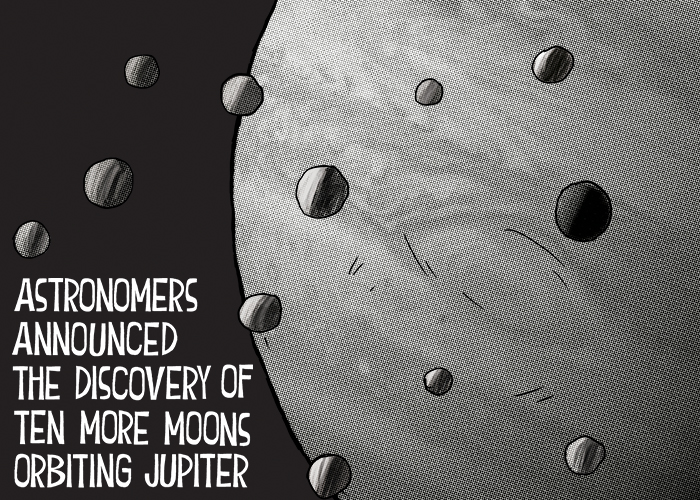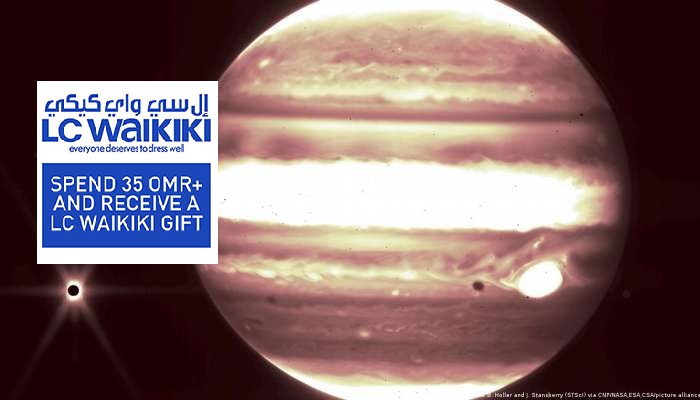

London: The European Space Agency (Esa) is set to launch a satellite to the planet Jupiter, one of the organisation's most ambitious missions ever.
The satellite will leave Earth on an eight-year journey to reach the giant planet's major moons.
There's good evidence that these icy worlds - Callisto, Europa and Ganymede - hold oceans of liquid water at depth.
The Esa mission aims to establish whether the moons might also have the conditions needed to sustain life, BBC news reported.
The project is known as the Jupiter Icy Moons Explorer, or Juice for short.
Juice is not seeking to detect life - it will not be sending back pictures of alien fish. But it could help determine whether conditions in the moons' hidden oceans have at least a chance of supporting simple microbial organisms.
The €1.6bn (£1.4bn; $1.7bn) mission is scheduled to launch on an Ariane-5 rocket from Kourou, French Guiana.
The Ariane doesn't have the energy to send Juice directly to Jupiter, certainly not within a useful timeframe.
Instead, it will despatch the spacecraft on a path around the inner Solar System. A series of flybys of Venus and Earth will then gravitationally sling the mission out to its intended destination.
Arrival in the Jovian system is expected in July 2031.
Juice will perform 35 close passes of the moons - getting to within 400 km of their surfaces on occasion - before setting into orbit around Ganymede.
The spacecraft carries a total of 10 instruments. There are various cameras, particle detectors, a radar to map sub-surface features; there's even a lidar, which is used to make 3D maps of surface terrain.
But it is the UK-provided magnetometer that could provide some of the most influential data. The Imperial College London-built experiment will tell us about the properties of the moons' hidden oceans. And at Ganymede, in particular, the information should be quite detailed.